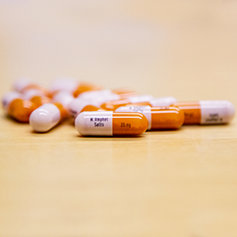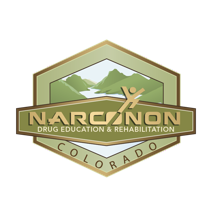Adderall Abuse Among College Students

Well, it’s that time of year again: back to school. Some people love it and some people dread it. For many parents, this is a time of joy and celebration and for others, it is a bittersweet reminder of yet another milestone.
As many parents are helping their children pack up to start their first year of college, there are some important safety concerns to keep in mind. Understandably most parents worry about their children binge drinking during college as this has become something that is so socially acceptable. While there are certainly many risks involved with binge drinking, another substance is also used among college students. That substance is Adderall—a very popular and often highly abused drug on many campuses across the United States.

Adderall is a prescription stimulant that is classified as a schedule 2 drug, meaning it has a high potential for abuse and dependence. It is composed of the drugs amphetamine and dextroamphetamine which can have the same effects upon the brain as other stimulants such as methamphetamine and cocaine, however since it is a pill, many people have a false idea that it is completely safe to take. Adderall is typically prescribed to treat attention deficit disorder and narcolepsy but it is commonly abused by people who do not have a prescription for the drug.
Many students will obtain the pill from a friend who has a prescription in order to help them power through those all-night study sessions, seemingly endless papers and lengthy reports. While this may seem like something that would be helpful at first, the danger of Adderall is the unnaturally high levels of dopamine it produces. While not everyone who takes the drug develops dependence it is still none the less a highly addictive substance with a high potential for abuse.
Adderall use can have the following negative side effects including, but not limited to:
- Abdominal Pain
- Dizziness
- Loss of Appetite
- Fever
- Vomiting
- Nausea
- Insomnia
- Emotional Lability
- Nervousness
- Headaches
- Diarrhea
- Dry Mouth
- Anxiety
- Agitation
- Tachycardia
- Urinary Tract Infection
- Heart Palpitations
- Psychotic Episodes
- Restlessness
- Tremors
- Tics
- Blurred Vision
- Impotence
- Changes in Libido
- Aggression

It is important to know that it is possible to overdose on prescription stimulants. Prescription stimulant overdose can result in convulsions, coma or death and other symptoms of overdose include but are not limited to:
- Tremors
- Restlessness
- Rapid breathing
- Hallucinations
- Irregular heartbeat
- Heart attack
- Nerve problems
- Seizures
- High blood pressure
It is particularly easy for someone who does not have a physical tolerance for the drug to overdose. One person may take the same amount as their friend thinking it will be safe and have very different consequences.
So what are some steps that parents can take to try and prevent this from happening to their children?
- Talk to your children about the dangers of prescription stimulant abuse.
- Educate yourself on the signs and symptoms of drug abuse.
- If you suspect someone has overdosed on prescription stimulants call 911 right away.
- If you suspect your child may be abusing either illicit or prescribed drugs reach out for help as soon as possible.
Resources:


